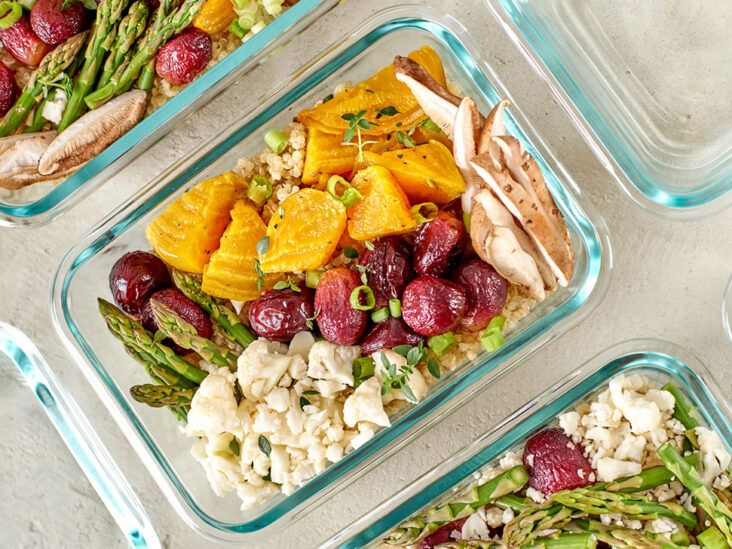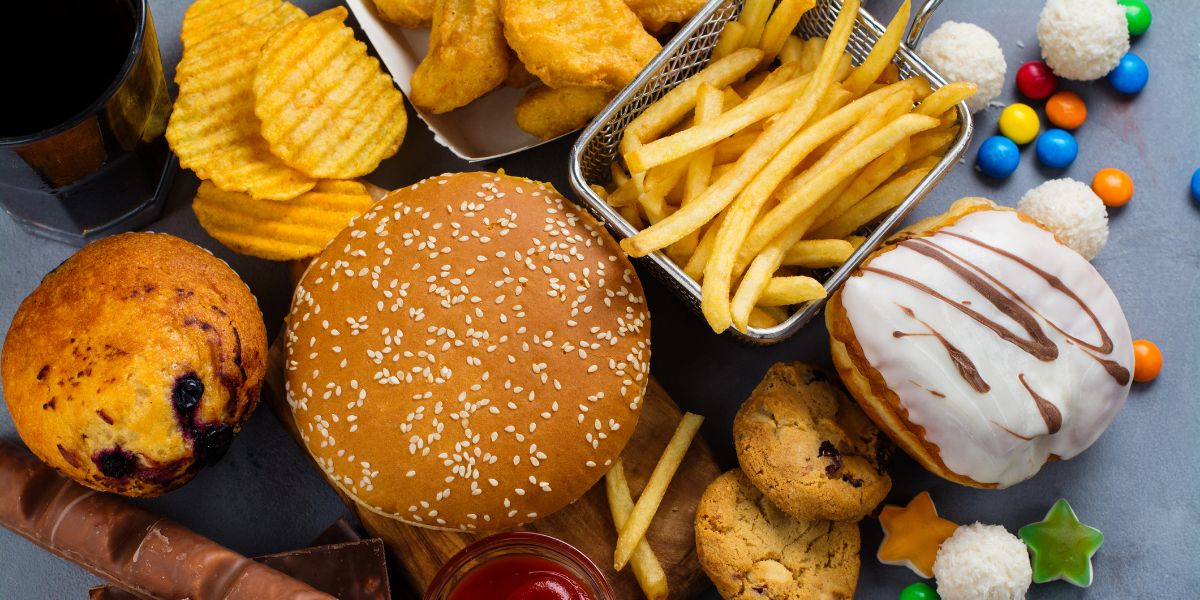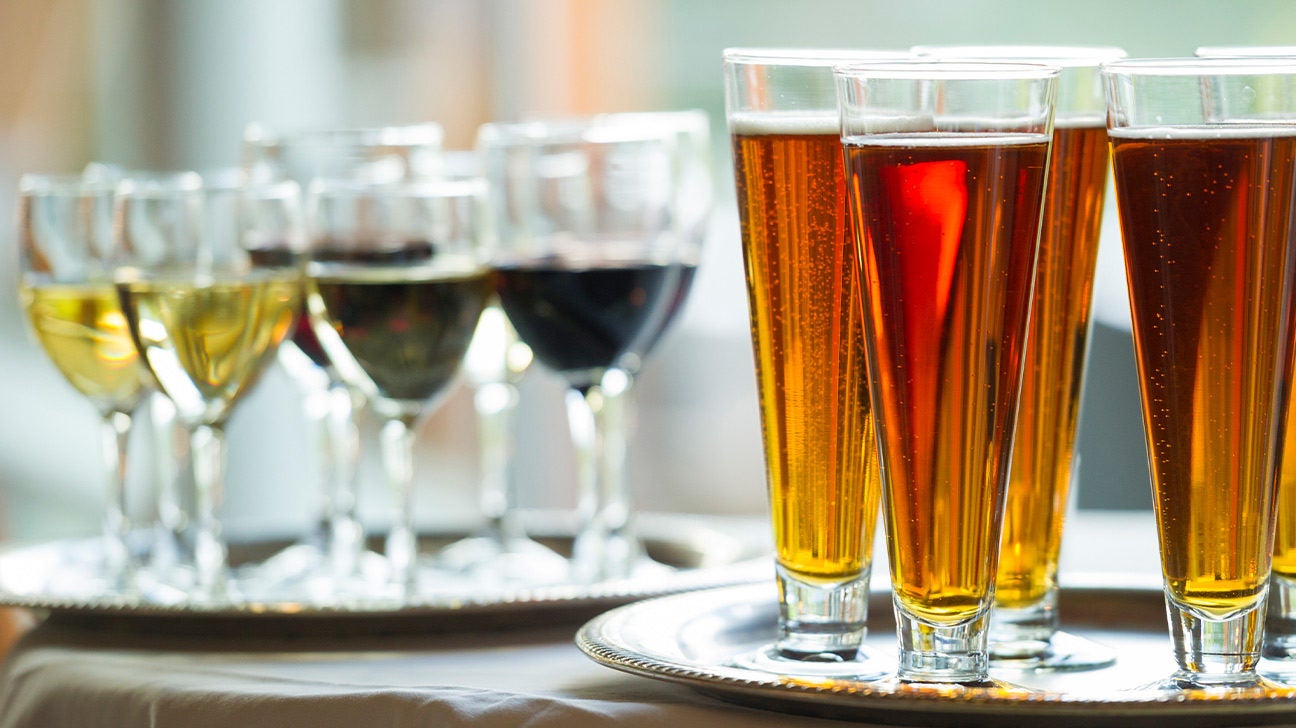Jardiance is a medication that is commonly prescribed to individuals with type 2 diabetes. It belongs to a class of drugs called SGLT2 inhibitors, which work by helping the kidneys remove excess glucose from the body through urine. By doing so, Jardiance helps to lower blood sugar levels and improve glycemic control.
In addition to its blood sugar-lowering effects, Jardiance has also been shown to have other benefits for individuals with diabetes. It has been found to reduce the risk of cardiovascular events such as heart attack and stroke, as well as the risk of hospitalization for heart failure. This makes it an important medication for individuals with diabetes who are at an increased risk of developing cardiovascular complications.
The Importance of Diet in Managing Diabetes with Jardiance
Diet plays a crucial role in managing diabetes, and it is especially important for individuals taking Jardiance. While Jardiance can help lower blood sugar levels, it is not a substitute for a healthy diet. Diet and lifestyle changes are often the first line of treatment for individuals with type 2 diabetes.
A healthy diet for individuals with diabetes should focus on controlling blood sugar levels, maintaining a healthy weight, and reducing the risk of cardiovascular complications. This means choosing foods low in sugar, saturated fats, and sodium while high in fiber, lean protein, and healthy fats.
Foods to Avoid for Optimal Results with Jardiance
When managing diabetes with Jardiance, certain foods should be avoided or limited to achieve optimal results. These include foods high in sugar, such as sugary beverages, desserts, and processed snacks. These foods can cause a rapid increase in blood sugar levels and make it more difficult to achieve glycemic control.
In addition to sugary foods, individuals with diabetes should also limit their intake of high-carb foods. Carbohydrates are broken down into glucose in the body, which can cause blood sugar levels to rise. Foods high in refined carbohydrates, like white bread, pasta, and rice, should be limited to healthier carb options such as whole grains, fruits, and vegetables.
Sugary Foods and Beverages: A Major Culprit in Diabetes Management

Sugary foods and beverages are a major culprit when it comes to managing diabetes. These foods are typically high in calories and low in nutrients, making them a poor choice for individuals with diabetes. In addition to their negative impact on blood sugar levels, sugary foods and beverages have also been linked to an increased risk of obesity, heart disease, and other chronic health conditions.
To reduce the intake of sugary foods and beverages, individuals with diabetes can opt for healthier alternatives. Instead of sugary sodas or fruit juices, they can choose water, unsweetened tea, or sparkling water. They can pick fresh fruits or sugar-free options instead of desserts high in sugar and unhealthy fats.
High-Carb Foods: Understanding the Impact on Blood Sugar Levels

High-carb foods can have a significant impact on blood sugar levels, especially for individuals with diabetes. When these foods are consumed, they are broken down into glucose and absorbed into the bloodstream. This causes blood sugar levels to rise, which can be problematic for individuals with diabetes who have difficulty regulating their blood sugar levels.
To manage blood sugar levels effectively, individuals with diabetes should choose healthier carb options that have a lower impact on blood sugar levels. This includes choosing whole grains instead of refined grains, such as whole wheat bread instead of white bread. It also includes selecting fruits and vegetables lower in carbohydrates, such as berries and leafy greens.
Processed Foods: Why They Should Be Limited in Your Diet

Processed foods should be limited in the diet of individuals with diabetes, as they are often high in sugar, salt, and unhealthy fats. These foods are typically made with refined grains, added sugars, and unhealthy oils, which can contribute to poor glycemic control and an increased risk of cardiovascular complications.
Instead of processed foods, individuals with diabetes should focus on consuming whole foods that are minimally processed. This includes fresh fruits and vegetables, lean proteins such as chicken or fish, whole grains such as quinoa or brown rice, and healthy fats such as avocados or nuts.
High-Sodium Foods: The Link to High Blood Pressure and Diabetes

High-sodium foods can hurt both blood pressure and diabetes. Consuming too much sodium can cause fluid retention and increase blood pressure, which can be problematic for individuals with diabetes who are already at an increased risk of developing cardiovascular complications.
To reduce sodium intake, individuals with diabetes should choose lower-sodium options when grocery shopping and cooking. This includes choosing fresh or frozen fruits and vegetables instead of canned options, as canned foods often contain added sodium. It also includes reading food labels carefully and selecting products labeled as low-sodium or sodium-free.
Trans and Saturated Fats: The Role in Diabetes and Heart Health

Trans and saturated fats can hurt both diabetes and heart health. These fats are typically found in animal products, such as fatty cuts of meat, full-fat dairy products, and butter. They can raise cholesterol levels and increase the risk of heart disease, which is already elevated in individuals with diabetes.
To reduce the intake of trans and saturated fats, individuals with diabetes should choose lean protein sources such as skinless poultry or fish. They should also opt for low-fat or fat-free dairy products and use healthier cooking oils such as olive or avocado.
Alcohol: The Impact on Blood Sugar Levels and Jardiance

Alcohol can have an impact on blood sugar levels, and individuals with diabetes need to consume it in moderation. Alcohol can cause blood sugar levels to either rise or fall, depending on the individual and the amount consumed. It can also interact with certain medications, including Jardiance, further complicating blood sugar control.
To consume alcohol in a way that minimizes its impact on blood sugar levels, individuals with diabetes should do so in moderation. This means limiting intake to one drink per day for women and two for men. It is also important to monitor blood sugar levels closely when consuming alcohol and to avoid drinking on an empty stomach.
Creating a Balanced Diet with Jardiance for Optimal Diabetes Management
In conclusion, diet is crucial in managing diabetes, especially for individuals taking Jardiance. By choosing a healthy diet that is low in sugar, saturated fats, and sodium while also being high in fiber, lean protein, and healthy fats, individuals with diabetes can achieve optimal results with Jardiance.
It is important to avoid or limit foods that can negatively impact blood sugar levels, such as sugary foods and beverages, high-carb foods, processed foods, high-sodium foods, and foods high in trans and saturated fats. Instead, individuals with diabetes should focus on consuming whole foods that are minimally processed and choosing healthier alternatives when possible.
By creating a balanced diet that complements Jardiance treatment, individuals with diabetes can effectively manage their condition and reduce the risk of complications. It is always important to consult with a healthcare professional or registered dietitian before significantly changing your diet or medication regimen.